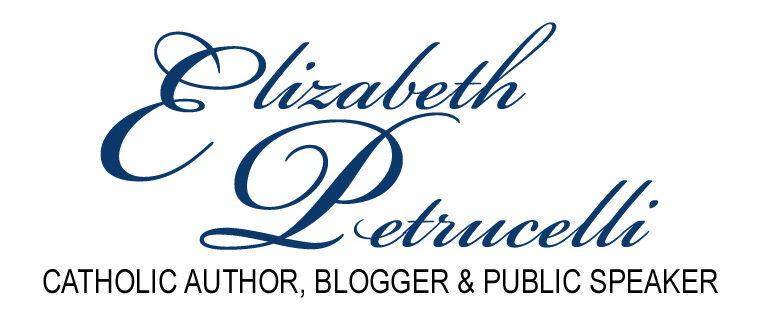Psychology Professor Melissa Goldberg was fired from her position at The Catholic University of America for bringing and abortion advocate to speak to her classes. I have been a guest speaker at colleges on doulas and their role in childbirth many times. I also have experience with many facets of doula work including when abortion…
Category: bereavement doula
Maternal Mortality in the US
USA Today published an article today entitled The Rate of Women Dying in Childbirth Surged by 40%. These Deaths are Preventable. Let’s talk about this because I was almost one of those statistics. But first things first. Ya’ll need to stop believing that the United States is immune to a high maternal mortality rate as…
The Death of Suffering
WARNING: This is deep and is about abortion. It is not a popular opinion. “I chose to deliver Embree on April 25, 2016 via c-section. I chose late-term abortion. I did so because it was the only way I could hold my baby girl while she was still alive. It was the only way I…
How to Support Miscarriage or Stillbirth – A Doula’s Guide
Were you just told your client’s baby has died? I get calls from doulas often telling me they just learned their clients baby died and they are heading in to support them. This makes me so happy because in the past, doulas have abandoned these clients for many reasons. Here is a quick guide on…
Don’t Talk About the Baby – Review
It’s a crowdfunded movie that I financially supported. I anxiously awaited the release of the movie after several years of spreading the word about this much needed movie. My hope was that it would break the stigma and silence on pregnancy loss. I was thoroughly disappointed and completed shocked with what I saw in this…
On Birth and Death – A Doula’s Journey
I enter the small hospital room, adorned with white walls and white boards where his name is scribbled in black writing. Beneath his name is his care plan, followed by contact information for his family. Above the board is an old box TV, hanging from the wall. Fox News is on TV, one of the…
12 Things I Needed to Hear from my Doctor After My Miscarriage
This article originally appeared at The Mighty on November 15, 2015. I have miscarried two babies, Ruby in 2010 and Gus in 2015. I had two very different experiences with my miscarriage. In 2010, the doctor treated my experience as a medical event and was unemotional. It took months for me to be OK with…
Supporting Birth and Death
My blog has been quiet these last three weeks. I have been consumed with the death of my grandfather-in-law. Right before Christmas, grandpa became sick and was struggling. Grandma, has been in chemotherapy for ovarian cancer and we discovered that despite months of treatments, the chemotherapy did not work and she was given a short…
An Open Letter – Worthiness Determined
An Open Letter to an Undisclosed Person: Thank you for meeting with me about my displeasure with your organization. I appreciated you taking the time out of your busy day to meet although your heart was not open and we left on the same terms with which we met. At the time, I was utterly…
What is a Bereavement Doula? Glad you asked!
What is a Bereavement Doula? That isn’t even a common question. I have been a birth doula for over 11 years and when I started, most people had no clue what a doula was, nor could they repeat the word. It was usually repeated back as “adoula.” When I began my bereavement doula journey, the…

